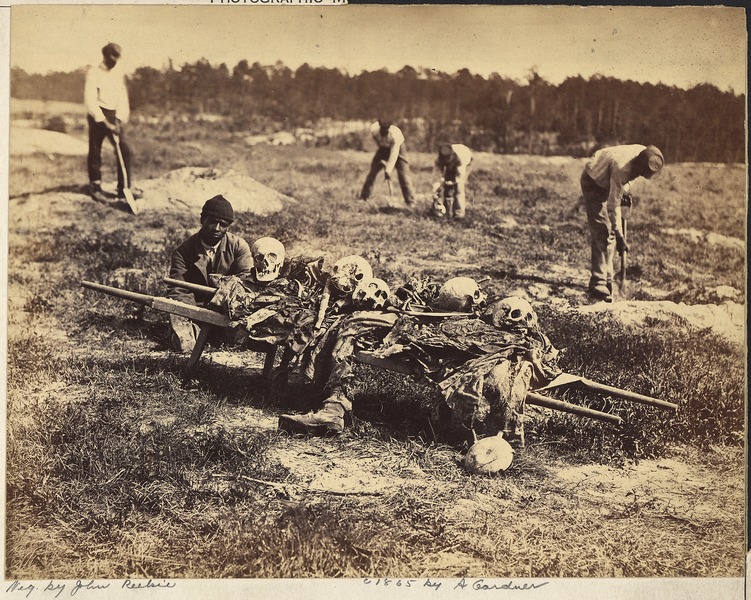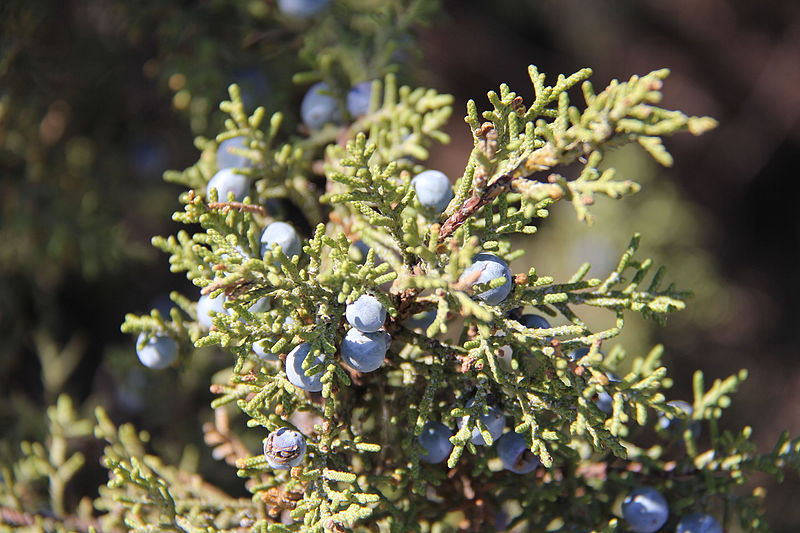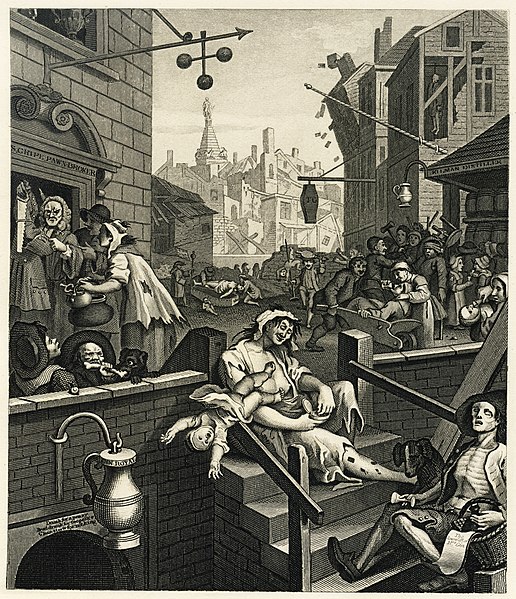THE BIG HUSTLE
Here's a new twist --
Bill Hope, the street kid turned pickpocket who tells his story in Bill Hope: His Story, the second title of my Metropolis series of historical novels set in nineteenth-century New York, is the only one of my characters to get interviewed by Lisa Burton, the famous radio interviewer. Not only is Lisa famous, but she's downright sexy. For a view of her, and her interview with Bill, go here. Oh, and by the way, she's a robot.
For readers who like historical fiction and a fast-moving story.
Bill Hope, the street kid turned pickpocket who tells his story in Bill Hope: His Story, the second title of my Metropolis series of historical novels set in nineteenth-century New York, is the only one of my characters to get interviewed by Lisa Burton, the famous radio interviewer. Not only is Lisa famous, but she's downright sexy. For a view of her, and her interview with Bill, go here. Oh, and by the way, she's a robot.
For readers who like historical fiction and a fast-moving story.
Reviews
"A real yarn of a story about a lovable pickpocket who gets into trouble and has a great adventure. A must read." Five-star Amazon customer review by nicole w brown.
"This was a fun book. The main character seemed like a cross between Huck Finn and a Charles Dickens character. I would recommend this." Four-star LibraryThing review by stephvin.
Available from Amazon and Barnes & Noble. Signed copies available from the author.
The Small Hustle
Bargain, bargain, bargain! All my paperbacks are now available from me (but not from Amazon et al.) through December 31 with free shipping. (U.S. only. Sorry, Canada, Australia, and Japan.) This is my hustle for the biggest gift-giving season of the year, and I want everyone to be happy (myself included). For the books, see under BROWDERBOOKS below, following the post. As always, signed copies are available from the author.
WAR IS FUN
Disclaimer:
I have never served in the military, and for that reason usually avoid topics
relating to military service. I know of
war and related matters only what others tell or write about it. This post began as a simple query about a
statement that haunted me, evolved from there, and ended up overwhelming me and
compelling me to write about it. The
result follows. I welcome feedback,
whether negative or positive, from those with firsthand experience of war.
 |
Long ago, back in the fervent and fabled 1960s, I heard a
radio interview on WBAI (where else?) with Jean Houston, a controversial author
and New Age priestess – and some would say a guru of uplift and an intellectual
and spiritual dilettante. What struck me
then, and still strikes me now, was her assertion, “We’ve got to make peace
sexy!” The Vietnam War was raging,
opposition to it was growing, and she was obviously in the camp of the
peaceniks. Inspired by her declaration,
I wrote a poem on peace and mailed it to her via WBAI. She in time responded with enthusiasm, told
me she had read my poem at her gatherings, and invited me to join her, when she
came my way, and read my poem to the attendees.
I chose not to, since admission was pricey and she said nothing about
free entry, and in time I came to dislike the poem and discarded it. But her declaration still echoes in my
psyche: “We’ve got to make peace sexy!”
 |
By implication, this statement admits that war is sexy. We can agree with General Sherman, the ravager of Georgia, that war is
hell, and describe it as cruel and destructive and tragic, but the fact
remains, it’s sexy. Recently I read
online the anonymous account of an Afghanistan vet who admitted that he missed
the rush of combat, the excitement of war.
Alternating with his dreams of horror are dreams of glory. To re-experience the thrill of war, he
sometimes goes sky-diving. And if his
comments have provoked bitter criticism, he has also received letters from
other vets thanking him for telling it as it is; for all its horrors, they too
miss the excitement of war.
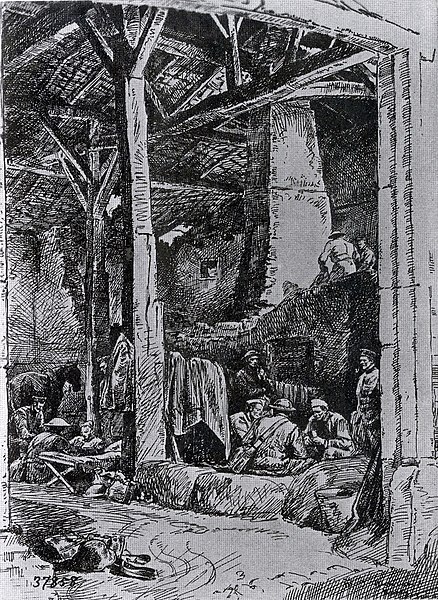 |
In his play The Glass
Menagerie, Tennessee Williams’s young protagonist laments that
circumstances prevent his fulfilling himself as a man by being a hunter, a
lover, and a warrior. The first great
epic in Western literature, Homer’s Iliad,
shows the cruelty and horror of war, and the relentless hand of fate, but for
all involved, there is also glory.
 |
And
in modern times we glorify Napoleon, whose countless campaigns devastated much
of Europe. Yes, he was a brilliant
general, but the death toll of those campaigns, military and civilian combined,
is estimated at between 3.25 and 6.5 million.
Yet book after book is written about him, and his doings still provoke
our fascination.
 |
We grow up in a celebration of war, even while war is
denounced. “Bang, bang! You’re dead!”
resonated through my childhood, as I and my friends fought imaginary wars and
brandished imaginary guns. The movies
were full of wars, whether Technicolor epics of the British empire (where the
diabolical natives always lost to the noble British imperialists), or, supplanting
such films during World War II, Hollywood epics where we American “good guys” always
won, and the enemy – treacherous little Japanese, or brutal Nazi sadists –
always lost. This, of course, was the
“good” war, uncontroversial, opposed only by a few deluded pacifists and my
father, an unreconstructed isolationist who thought that President Roosevelt,
our commander-in-chief, was, as a result of polio, not quite right in his head.
 |
Googling “war is fun” on the Internet, I came upon an
article by a German who had volunteered to fight in the Kosovo Liberation
Army. He says that, if a unit learns
that an enemy tank formation is approaching, most of the soldiers will freak
out and be paralyzed by fear, while a few smile and say, “Okay, let’s do
it!” He is obviously one of those who
smile, for in an actual battle he and another soldier were laughing as they
shot at enemy tanks. The other soldiers
thought them crazy, but then, after a while, they joined in. After all, this
may be your last day on earth, there’s no one here to judge you, so why not
make the most of it? It’s the elite forces,
he adds, that are most likely to enjoy combat; he heard British soldiers
referring to battles as “parties.” But
if soldiers in regular units make jokes before battle, the jokes stop the
moment the battle begins.
 |
This topic is faced squarely by William Broyles, Jr., in “Why
Men Love War,” an article first published in Esquire in November 1984, and now available online. Broyles tells how, when he visited a fellow
Vietnam vet years later, his friend told him, “What people can’t understand is
how much fun Vietnam was. I loved
it. I loved it, and I can’t tell
anybody.” There, spoken honestly but
furtively, is the dirty little secret: war is fun.
Broyles then admits that, even though war is terrible, he
too loved it. But it’s hard to convey
this feeling, for civilian-issued nouns and verbs seem made for a different
universe. War is supposed to be a
necessary evil, a patriotic duty to be discharged and then put behind you.
 |
To love war is to mock the very values we
supposedly fight for. And yet, when
Broyles remembers combat in Vietnam years before – a war he didn’t believe in
and never wanted to fight – he misses it because he loved it. It has nothing to do with vanished notions of
honor and glory, or the mindless bliss of martyrdom, or patriotic hysteria, or
addiction. He loved it for its
intensity, its freedom from ordinary constraints, its serene clarity that lets
you know who your friends and enemies are.
No sport he had ever played gave him such a deep awareness of his
physical and emotional limits. On the
verge of an enemy attack, he was terrified, ashamed, and eager for it to happen
again. And there is comradeship, a bond
of trust that, unlike marriage, cannot be broken by boredom or divorce. War breeds a love that has no reasons, that
transcends race and personality and education – all those things that make a
difference in peace. But when he came
home, everyday life reclaimed him, and the comradeship was gone. Plans to meet with his Vietnam buddies never
worked out. They exchanged Christmas
cards for a few years, then nothing. But
the Vietnam Memorial in Washington is something special for vets; they touch
the names on the wall, remember their buddies, and give them their due.
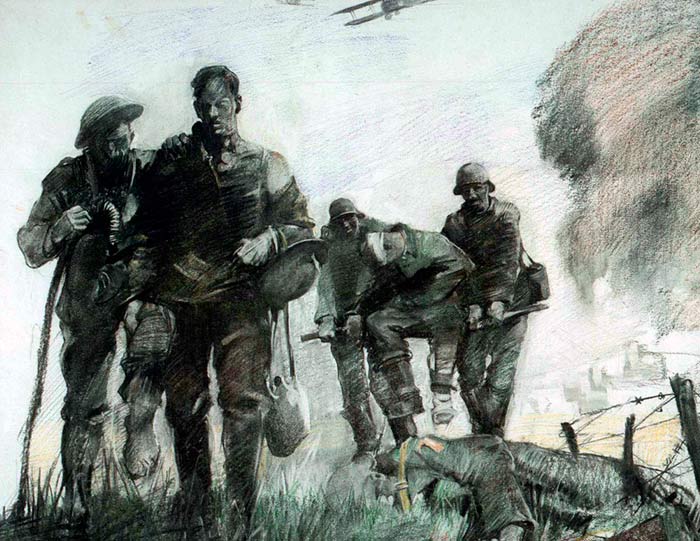 |
These reasons why men love war can be told without risk of
disapproval. There are other, more
troubling reasons stemming from the union, deep in the core of their being, of
sex and destruction, beauty and horror, love and death.
War
may be the only way in which most men touch the mythic domains in our
soul. It is, for men, at some terrible
level, the closest thing to what childbirth is for women: the initiation into
the power of life and death. It is like
lifting off the corner of the universe and looking at what’s underneath. To see war is to see into the dark heart of
things, that no-man’s-land between life and death, or even beyond.
Which is why, Broyles declares, every war story told by a
vet is a lie. They are true on a certain
level, they have a moral, and even a mythic, truth, rather than the literal
one. They remind the tellers and
listeners of their place in the world.
Yet every war story is about death and the love of destruction, the
thrill of killing that lurks inside us all.
Anyone who has fired a bazooka or a machine gun, Broyles insists, knows
the power in your finger, the “soft, seductive touch of the trigger.” Just move that finger slightly, and a truck
or a house or people disappear. There is
a link between this thrill and the children’s games ending with “Bang bang
you’re dead”: both involve war as fantasy.
Real war is a game, more seductive for being played at terrible risk. He remembers the facial expression of a lieutenant
colonel looking at the dead bodies of the elite enemy troops that his men had
killed the night before: “It was the look of a person transported into
ecstasy.” And what did Broyles do, upon
seeing this? He smiled back.
 |
Boyles’s conclusion is fierce and gripping:
The power of
war, like the power of love, springs from man's heart. The one yields death,
the other life. But life without death has no meaning; nor, at its deepest
level, does love without war. Without war we could not know from what depths
love rises, or what power it must have to overcome such evil and redeem
us. It is no accident that men love war,
as love and war are at the core of man. It
is not only that we must love one another or die. We must love one another and
die. War, like death, is always with us, a constant companion, a secret sharer.
To deny its seduction, to overcome death, our love for peace, for life itself,
must be greater than we think possible, greater even than we can imagine.
But throughout Broyles’s
discussion the cause of war – the rationale that governments put forth to stir
up the populace – is irrelevant. Whether
a war is justified or not, it is fun.
I have never encountered a discussion of the attractions of war
that touched me, and frightened me, as much as this one. Maybe there’s hint of it in Tolstoy’s War and Peace, and more than a hint of
it somewhere in the Iliad. Maybe, and maybe not.
Thanks to Broyles, I have looked deep
into the human abyss, and it scares me, for there, like a coiled serpent, or a
festering and incurable disease, lurks the love and joy
of war.
 |
| Turelio |
Coming soon: The Magic of New York. Or maybe some extracts from my deceased partner Bob's diaries; those who knew him will be shocked.
BROWDERBOOKS
All books are available online as indicated, or from the author.
1. No Place for Normal: New York / Stories from the Most Exciting City in the World (Mill City Press, 2015). Winner of the Tenth Annual National Indie Excellence Award for Regional Non-Fiction; first place in the Travel category of the 2015-2016 Reader Views Literary Awards; and Honorable Mention in the Culture category of the Eric Hoffer Book Awards for 2016. All about anything and everything New York: alcoholics, abortionists, greenmarkets, Occupy Wall Street, the Gay Pride Parade, my mugging in Central Park, peyote visions, and an artist who made art of a blackened human toe.
If you love the city (or hate it), this may be the book for you. An award winner, it sold well at BookCon 2017 and 2018, and at the Brooklyn Book Festival 2018.
 |
Reviews
"If you want wonderful inside tales about New York, this is the book for you. Cliff Browder has a way with his writing that makes the city I lived in for 40 plus years come alive in a new and delightful way. A refreshing view on NYC that will not disappoint." Five-star Amazon customer review by Bill L.
"To read No Place for Normal: New York is to enter into Cliff Browder’s rich and engaging sixty years of adult life in New York. Yes, he delves back before his time – from the city’s origins to the 19th Century that Ms. Trollope and Mr. Dickens encounter to robber barons and slums that marked highs and lows of the earlier Twentieth Century. But Browder has lived such an engaged and curious life that he can’t help but cross paths with every layer and period of society. There is something Whitmanesque in his outlook." Five-star Amazon customer review by Michael P. Hartnett.
Available from Amazon and Barnes & Noble.
2. Bill Hope: His Story (Anaphora Literary Press, 2017), the second novel in the Metropolis series. New York City, 1870s: From his cell in the gloomy prison known as the Tombs, young Bill Hope spills out in a torrent of words the story of his career as a pickpocket and shoplifter; his brutal treatment at Sing Sing and escape from another prison in a coffin; his forays into brownstones and polite society; and his sojourn among the “loonies” in a madhouse, from which he emerges to face betrayal and death threats, and possible involvement in a murder. Driving him throughout is a fierce desire for better, a persistent and undying hope.
Reviews
"A real yarn of a story about a lovable pickpocket who gets into trouble and has a great adventure. A must read." Five-star Amazon customer review by nicole w brown.
"This was a fun book. The main character seemed like a cross between Huck Finn and a Charles Dickens character. I would recommend this." Four-star LibraryThing review by stephvin.
Available from Amazon and Barnes & Noble.
3. Dark Knowledge (Anaphora Literary Press, 2018), the third novel in the Metropolis series. Adult and young adult. A fast-moving historical novel about New York City and the slave trade, with the sights and sounds and smells of the waterfront.
 |
New York City, late 1860s. When young Chris Harmony learns that members of his family may have been involved in the illegal pre-Civil War slave trade, he is appalled. Determined to learn the truth, he begins an investigation that takes him into a dingy waterfront saloon, musty old maritime records that yield startling secrets, and elegant brownstone parlors that may have been furnished by the trade. Since those once involved dread exposure, he meets denials and evasions, then threats, and a key witness is murdered. What price must Chris pay to learn the painful truth and proclaim it?
Reviews
"A lively and entertaining tale. The writing styles, plot, pace and character development were excellent." Four-star LibraryThing early review by BridgitDavis.
"A lively and entertaining tale. The writing styles, plot, pace and character development were excellent." Four-star LibraryThing early review by BridgitDavis.
"At first the plot ... seemed a bit contrived, but I was soon swept up in the tale." Four-star LibraryThing early review by snash.
"I am glad that I have read this book as it goes into great detail and the presentation is amazing. The Author obviously knows his stuff." Four-star LibraryThing early review by Moiser20.
4. The Pleasuring of Men (Gival Press, 2011), the first novel in the Metropolis series, tells the story of a respectably raised young man who chooses to become a male prostitute in late 1860s New York and falls in love with his most difficult client.
What was the gay scene like in nineteenth-century New York? Gay romance, but women have read it and reviewed it. (The cover illustration doesn't hurt.)
What was the gay scene like in nineteenth-century New York? Gay romance, but women have read it and reviewed it. (The cover illustration doesn't hurt.)
 |
Reviews
"At times amusing, gritty, heartfelt and a little sexy -- this would make a great summer read." Four-star Amazon customer review by BobW.
"Really more of a fantasy of a 19th century gay life than any kind of historical representation of the same." Three-star Goodreads review by Rachel.
"The detail Browder brings to this glimpse into history is only equaled by his writing of credible and interesting characters. Highly recommended." Five-star Goodreads review by Nan Hawthorne.
Available from Amazon and Barnes & Noble.
5. Fascinating New Yorkers: Power Freaks, Mobsters, liberated Women, Creators, Queers and Crazies (Black Rose Writing, 2018). A collection of posts from this blog. Short biographical sketches of people, some remembered and some forgotten, who lived or died in New York. All kinds of wild stuff, plus some stuff that isn't quite wild but fascinating. New York is a mecca for hustlers of every kind, some likable and some horrible, but they are never boring.

Reviews
"Fascinating New Yorkers by Clifford Browder was like sitting down with a dear friend and catching up on the latest gossip and stories. Written with a flair to keep the reader turning the pages, I couldn't stop reading it and thinking about the subjects of each New Yorker. I love NYC and this book just added to the list of reasons why, a must read for those who love NYC and the people who have lived there." Five-star NetGalley review by Patty Ramirez, librarian.
"Unputdownable." Five-star review by Dipali Sen, retired librarian.
"I felt like I was gossiping with a friend when reading this, as the author wrote about New Yorkers who are unique in one way or another. I am hoping for another book featuring more New Yorkers, as I couldn't put this down and read it in one sitting!" Five-star NetGalley review by Cristie Underwood.
© 2018 Clifford Browder

